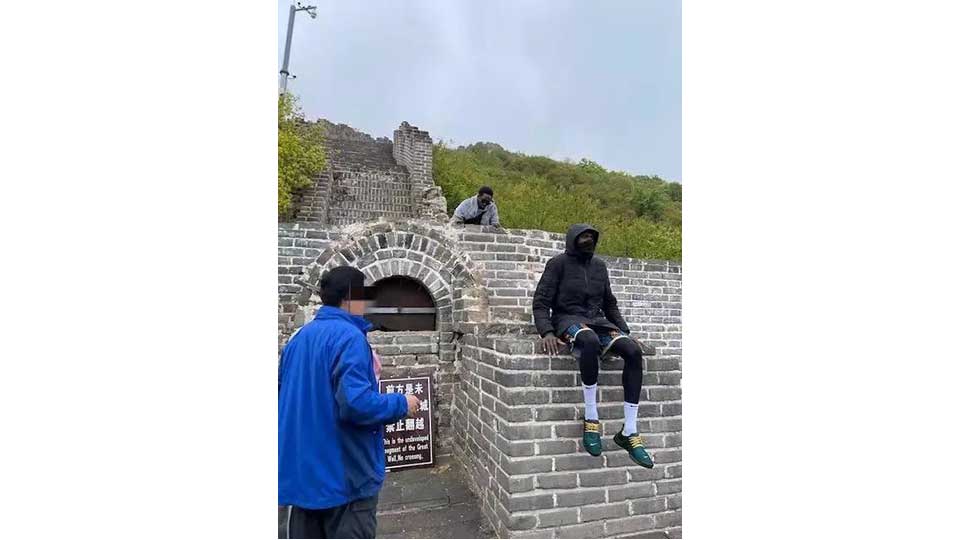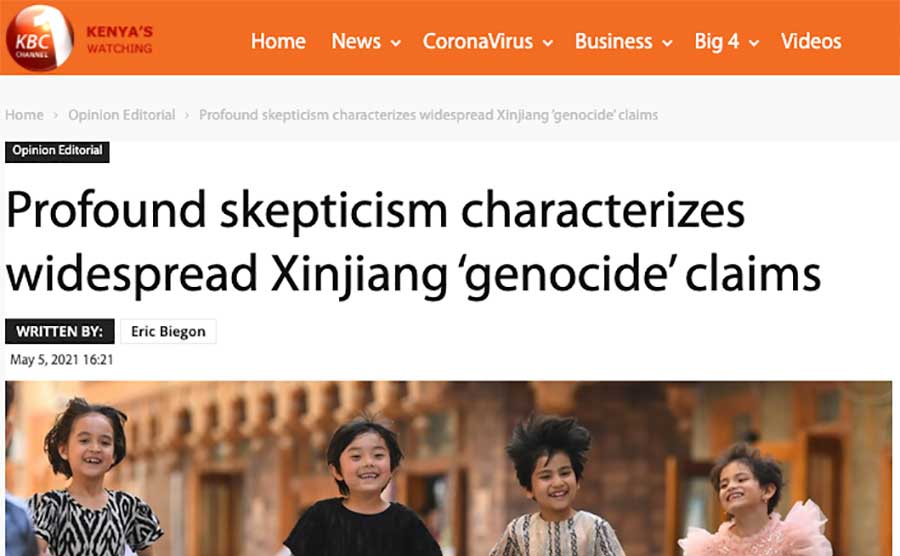DR Congo President Étienne Tshisekedi ventured to the heart of the country's cobalt mining territory to personally deliver a warning to foreign investors (read Chinese) that unfair mining contracts are going to be re-negotiated. On Thursday, the president traveled to the city of Kowlezi in the southern province of Katanga where foreign investors run around 40 mining operations -- 30 of which are owned by Chinese entities.
That's sparked speculation that the President is setting his sights on the Chinese in particular. "I have really had enough!" the president told thousands of supporters in the city center."I am very severe with these investors who come to enrich themselves alone. They come with empty pockets and leave billionaires."
"It's not normal that those with whom the country has signed mining contracts get richer while our population remains poor... It is time for the country to readjust its contracts with miners to seal win-win partnerships," he said.
Although the President did not specifically name the Chinese, the reference to Beijing's oft-stated "win-win" slogan may be another clue about his main target in what appears to be a steadily escalating campaign.
Chinese contracts often heavily favor the Chinese and, until now, host countries have made little progress in renegotiating the terms of those deals. But the DR Congo is not a normal country and Tshisekedi has considerably more leverage over the Chinese than almost any other leader in Africa:
- COBALT: The DRC is home to the world's largest reserves of cobalt -- a strategically vital metal that is critical to China's future as an electric vehicle leader and essential to providing Beijing with geopolitical leverage over its rivals in Brussels and Washington, D.C.
- CHAOS: The Congo is among the world's most corrupt (170 out of 180) and unstable countries on earth. It wouldn't take much for the president to create all sorts of difficulties for investors who don't agree to renegotiate those contracts.
On the same day that the President spoke to the crowd in Kowlezi, he also toured the Sino Congolaise des Mines (Sicomines) site where, at least according to Chinese state media, he spoke favorably of Chinese participation in the DRC's mining sector.
It's entirely possible that he's playing both sides at once: revving up populist sentiment in order to strengthen his position to renegotiate existing contracts and get better future deals with the Chinese.
Since it's all but certain that Chinese stakeholders will not comment on the issue, one indicator to watch is the frequency and tone of Chinese media reports on the issue. If Xinhua, Global Times, China Daily, and others ramp up their coverage of how great everything is going between Beijing and Kinshasa, then that's an indication that the President's campaign is indeed targeted at Chinese investors.
SUGGESTED READING:
- Agence France Presse: DR Congo's president says he will renegotiate mining contracts
- Radio France Internationale (French): Mines in DRC: Extractive Industries Transparency Initiative assesses "Chinese contracts"
- Xinhua: DRC president hails mining, infrastructure cooperation with China










